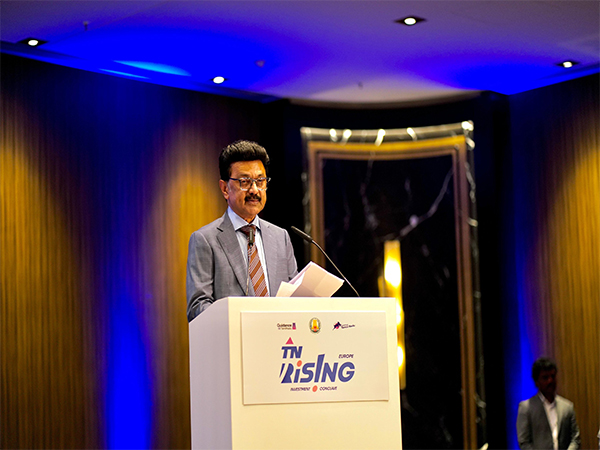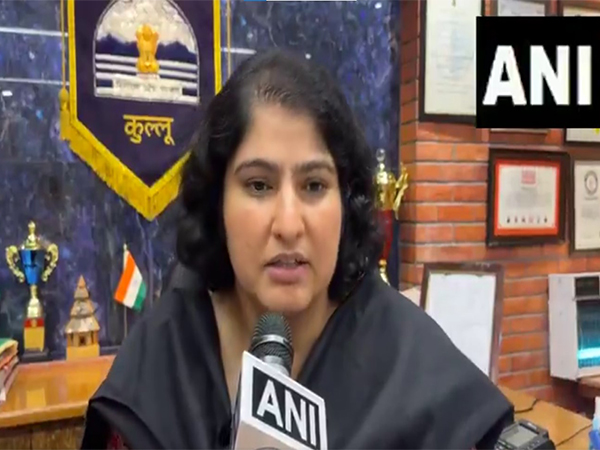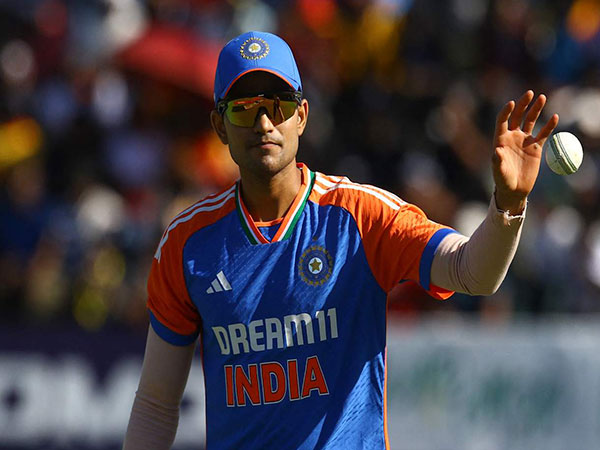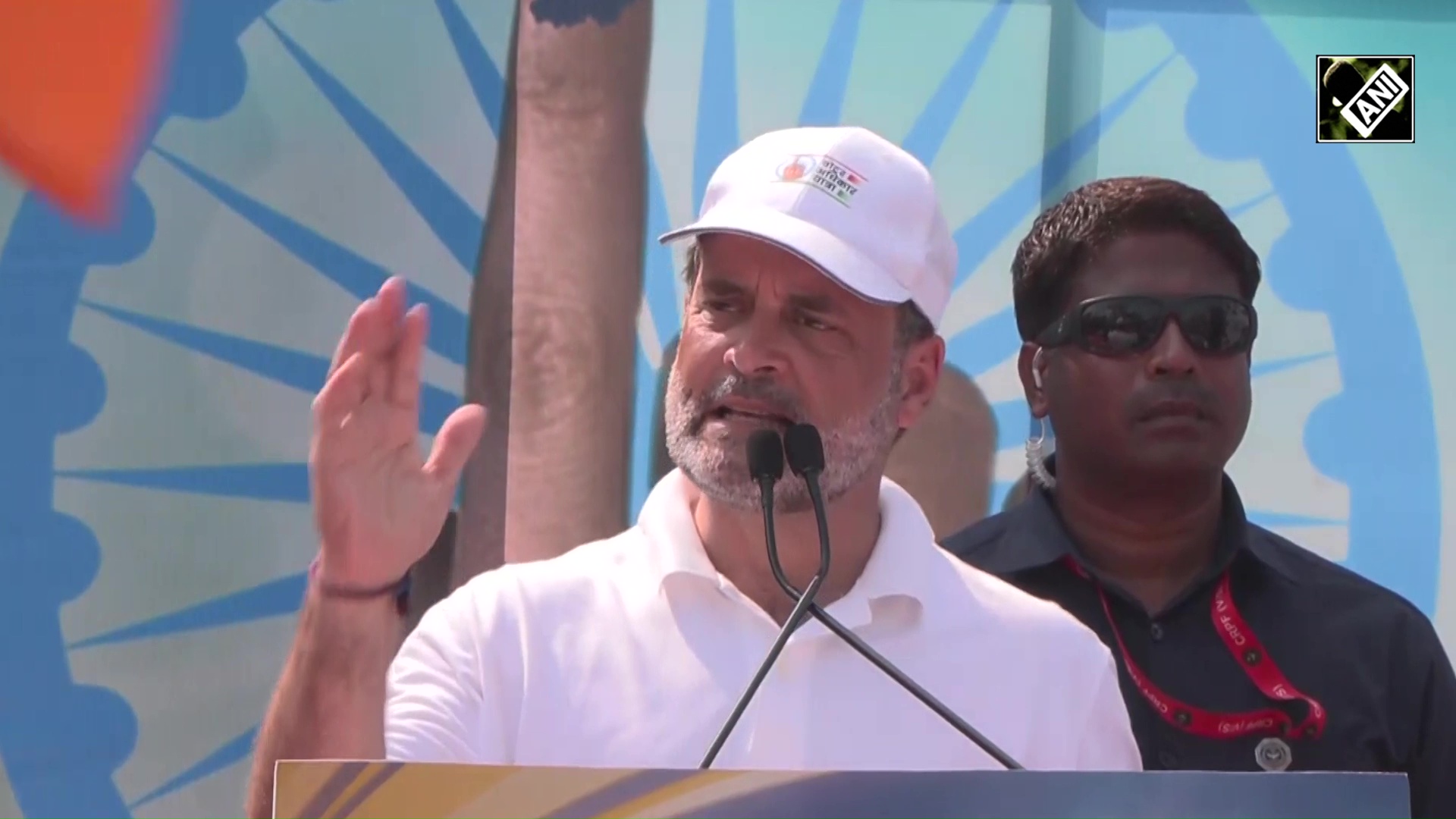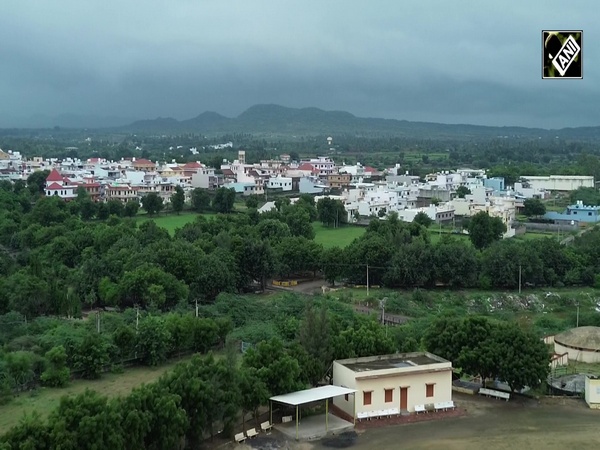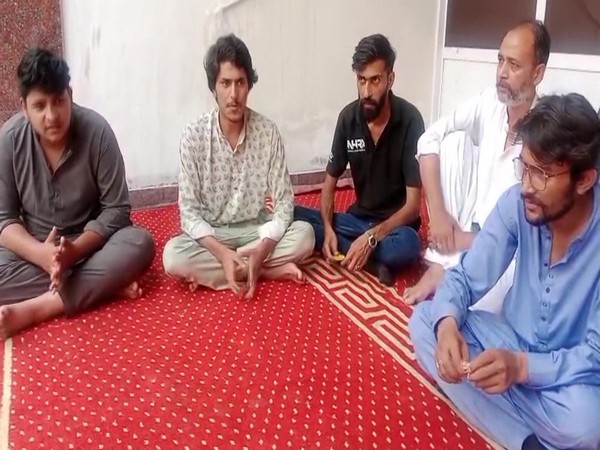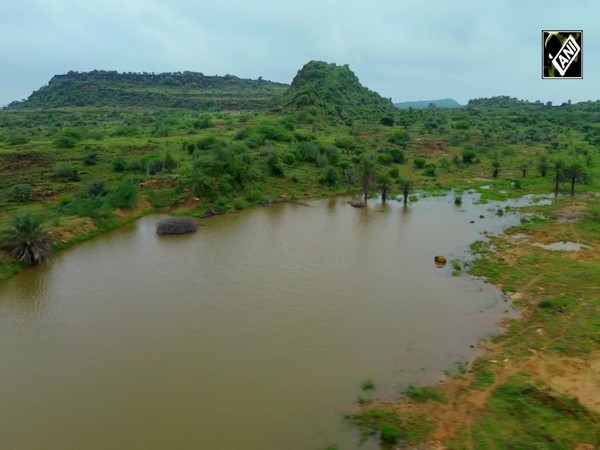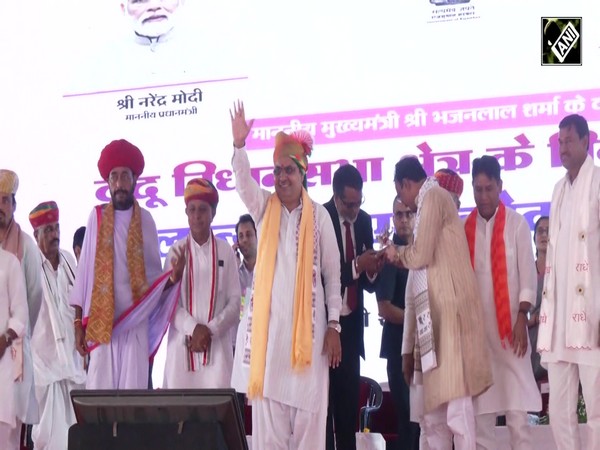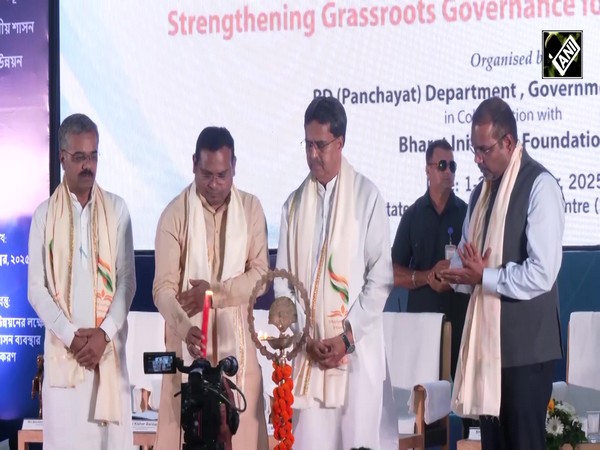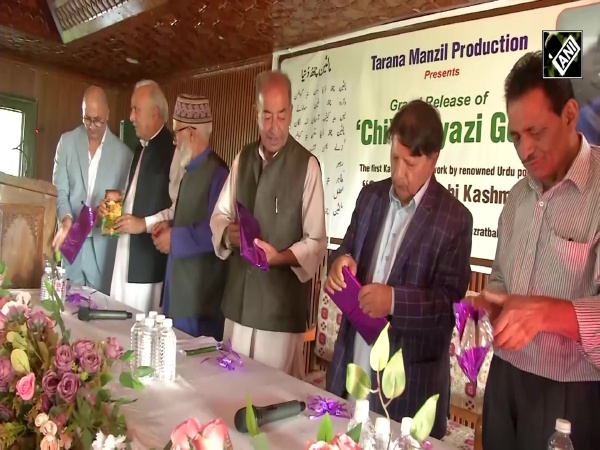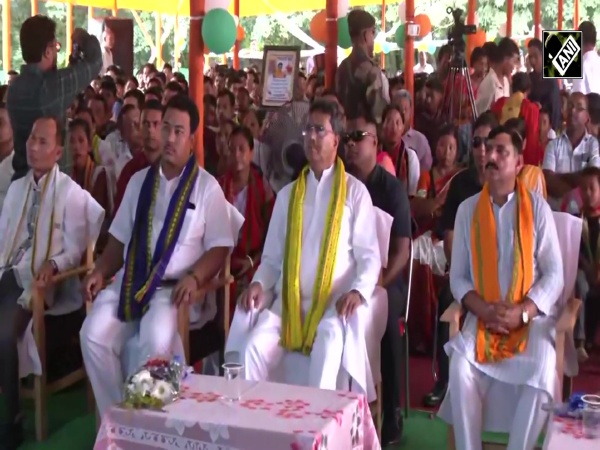It is like writing digital constitution for digital world: MoS Rajeev Chandrasekhar on Data Protection Bill
Jan 12, 2023

New Delhi [India], January 12 : The Minister of State for Electronics and Information Technology, Rajeev Chandrasekhar drew a parallel between Data Protection Bill and the Constitution and said that it is equally important for all the consumers of the Internet and its services.
The Digital Personal Data Protection Bill is a legislation that frames out the rights and duties of the citizen (Digital Nagrik) on the one hand and the obligations to use collected data lawfully of the Data Fiduciary on the other hand.
During the latest podcast with ANI Editor-in-Chief Smita Prakash, MoS Rajeev Chandrasekhar said that the government would run "exhaustive campaigns" to make the consumers aware-- irrespective of their status and profession-- about their digital rights.
"After the DPD bill is out, we will run these exhaustive campaigns to tell the consumers what their rights are. We will do all the schools, colleges, and everyone who consumes Internet because it is essentially like writing the digital constitution for the new digital world," Rajeev Chandrasekhar said adding that the said bill will work for everyone to help them understand the right side of the Internet, that they regularly consume.
According to the Communications and Information Technology Minister Ashwini Vaishnaw, it is pertinent to mention that the focus of the Bill is to protect internet users from online harm and create a safe and trusted digital ecosystem as India is emerging as a digital economy powerhouse today, Communications and Information Technology Minister Ashwini Vaishnaw
"The governments around the world, particularly in India because of Prime Minister Narendra Modi's philosophy, we want to create an enabling ecosystem and allow the citizens to ensure that they have their rights and the private companies and entities they deal with, understand what the corresponding obligations are," Chandrasekhar said.
Explaining the functioning of the bill, the MoS Electronics and IT said that if anybody comes across a situation when a certain platform has misused the data shared with them, they can report it by digitally sending a mail to the Data Protection Board, which will later send notice to the "big tech platform and fine them with Rs X hundred crores".
The Digital Personal Data Protection Bill was reintroduced as a new draft Bill in November 2022, three months after its withdrawal from the lower house of the Parliament during the last year's Monsoon session of Parliament.
Union Minister for Railways, Communications, Electronics and Information Technology Ashwini Vaishnaw had earlier said that the Bill was withdrawn because the Joint Parliamentary Committee recommended 81 amendments in a bill of 99 sections.
"Above that it made 12 major recommendations. Therefore, the bill has been withdrawn and a new bill will be presented for public consultation," he had said.
The purpose of this Act, the draft said, is to provide for the processing of digital personal data in a manner that recognizes both the right of individuals to protect their personal data and the need to process personal data for lawful purposes.
Presently, there are over 76 crore active digital citizens and over the next coming years this is expected to touch 120 crore (1.2 billion). India is the largest connected democracy in the world and is amongst the highest consumers and producers of data per capita amongst the countries.
The first principle of the proposed Bill is that usage of personal data by organisations must be done in a manner that is lawful, fair to the individuals concerned and transparent.
The second principle of purpose limitation is that the personal data is used for the purposes for which it was collected. The third principle of data minimisation is that only those items of personal data required for attaining a specific purpose must be collected.
Among others, personal data should be limited to such duration as is necessary for the stated purpose for which personal data was collected and reasonable safeguards to ensure that there is no unauthorised collection or processing of personal data are some features.
The government said during the drafting of the Personal Data Protection Bill, 2019 the entire gamut of principles was widely debated and discussed. These include rights of individuals, duties of entities processing personal data and regulatory framework, among others.


